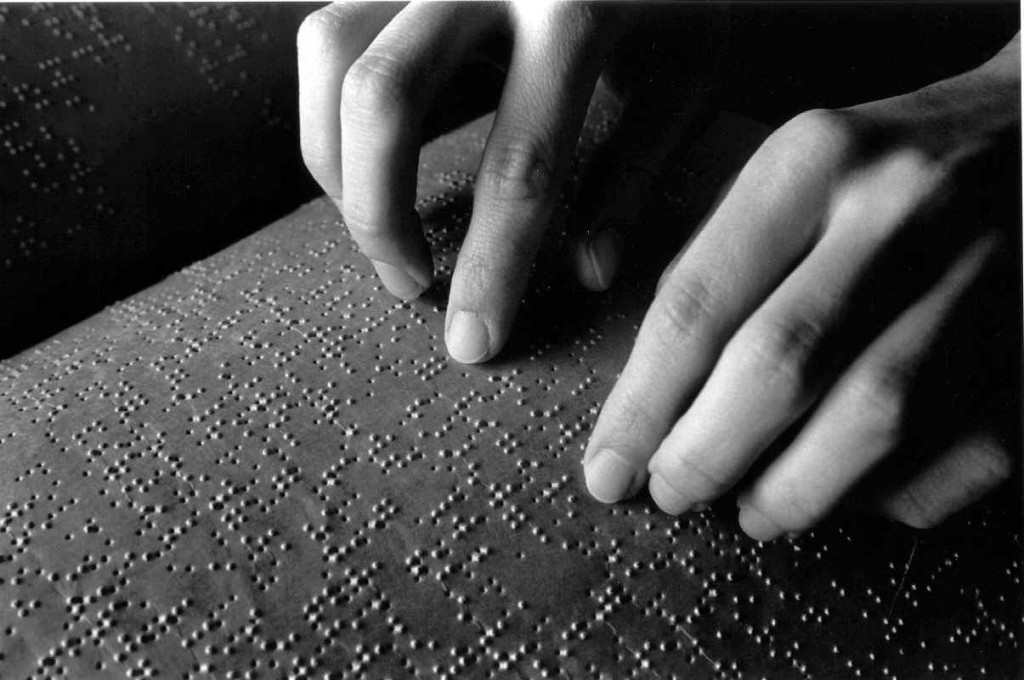
By Clare Myers
While church leaders repeatedly call for global aid for the poor and hungry, a Vatican official urged efforts to end another sort of hunger: the so-called “book famine.”
“Only 1 percent of the books in developing and least developed countries … are available in formats accessible to blind people,” said Archbishop Silvano M. Tomasi, the Vatican’s permanent observer to U.N. agencies in Geneva. The percentage in developed countries is not much higher, being just 5 percent, he said.
In a June 18 address to the World Intellectual Property Organization’s diplomatic conference in Marrakesh, Morocco, Archbishop Tomasi called for an adjustment to copyright laws to better suit the needs of the 285 million people worldwide who are visually impaired, according to 2012 World Health Organization (WHO) estimates.
Currently, copyright laws in many nations are barriers for making books available in formats that are accessible to the blind or visually impaired, the archbishop said in his statement, which was emailed to Catholic News Service.
The goal of the copyright system is “the dissemination of creative works to enhance the common good,” the archbishop said. “Copyright has never been an end in itself.”
Translating books into Braille and printing them is a lengthy and expensive process, which is particularly prohibitive for the 90 percent of visually impaired people who live in the developing world, according to WHO statistics. In an increasingly digital world, the archbishop argued, technology — like audio books and text-to-speech tools — could make an enormous difference if unfettered by laws he described as “out-of-date” and “often quite restrictive.”
“It is fundamental to create an international instrument that could give even to impaired people a variety of opportunities to discover their potential, understand their environment, discover their rights and put to the best use their talents and resources both for personal fulfillment and for their contribution to society,” Archbishop Tomasi said.
Article 27 of the Universal Declaration of Human Rights, he said, states that individuals have the right to take part in their community’s cultural life and benefit from both the arts and sciences.
The archbishop also referred to Blessed John Paul II’s encyclical “Laborem Exercens,” saying that discriminating against impaired persons is “radically unworthy of man, and a denial of our common humanity” and that “all persons are called to contribute to society.”
He called on the international community to negotiate a compromise that would make information, education and culture more readily available for the visually impaired both to empower them and to promote the common good of society as a whole.
“Everyone has to rise sufficiently above national interests,” Archbishop Tomasi said. “A new treaty of solidarity with all visually impaired can and should be concluded as a message of hope for them and a sign of responsibility by the international community.” – CNS